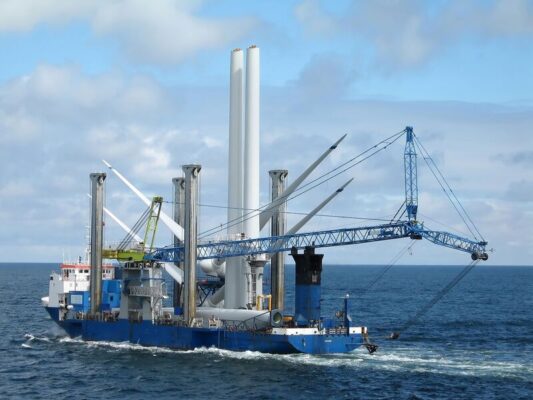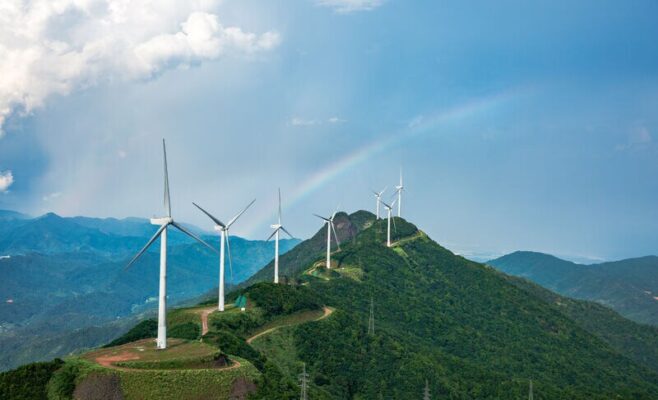In recent years, the European wind energy supply chain has come under increasing pressure. Costs have risen, but revenues haven’t increased at the same rate, leading to tighter profit margins. In addition, strong competition from Chinese turbine manufacturers threatens Europe’s leading position in the wind energy market.
Last year, the EU introduced the Wind Power Package, a set of 15 immediate measures to strengthen the European wind industry. This initiative was widely supported, with 26 member states endorsing it through the European Wind Charter. The measures included strict pre-qualification criteria that emphasize cybersecurity, data residency, and responsible business practices, setting a high standard for what constitutes an acceptable wind turbine in Europe.
As the EU stands on the verge of adopting the Net Zero Industry Act (NZIA), which aims to strengthen all of Europe’s clean energy supply chains, there is a mix of optimism and concern. While the act is a step in the right direction, certain proposals seem to be veering off course, particularly regarding the application of pre-qualification criteria. The proposal to apply these criteria to only 20% of projects is seen as a retreat from the commitments made in the Wind Power Package, which advocated their application to all projects. This discrepancy raises concerns that European standards could be diluted, potentially leaving the majority of projects to non-European manufacturers.
The situation is more nuanced when looking at the broader clean energy landscape, where some sectors are more dependent on imports from outside Europe. Imposing higher standards across the board could inadvertently disadvantage these industries. For the wind sector, however, stringent criteria are seen as essential to maintain and strengthen Europe’s competitive edge and existing supply chain.
The way forward seems clear but challenging. The NZIA needs to adopt a technology-specific approach to pre-qualification criteria to safeguard Europe’s wind industry. Failure to do so could undermine the progress made with the Wind Power Package and the Wind Charter and jeopardize Europe’s leading position in the clean energy transition.



